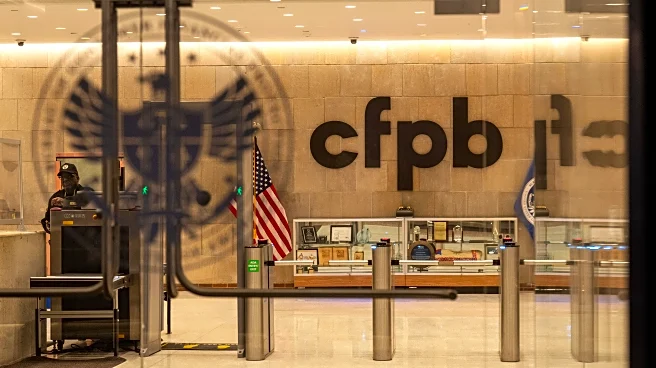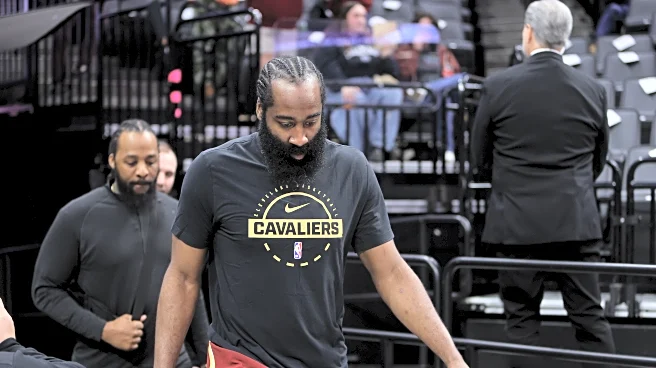Rapid Read • 8 min read
David Letterman has publicly criticized CBS for its decision to cancel 'The Late Show', a program he originally launched. In a video on his YouTube channel, Letterman described the cancellation as 'pure cowardice', suggesting that the decision was not financially motivated as CBS claimed. He speculated that the new owners of CBS, possibly influenced by Skydance, wanted to avoid potential conflicts with the U.S. government. Letterman praised Stephen Colbert, who succeeded him, for his political satire and suggested that CBS mishandled Colbert's departure. CBS, however, maintains that the cancellation was purely a financial decision.
AD
The cancellation of 'The Late Show' marks a significant shift in late-night television, impacting both the network's identity and its audience. Stephen Colbert's tenure was noted for its political satire, which attracted a dedicated viewership. The decision to cancel the show could reflect broader changes in media ownership and content strategy, particularly as new stakeholders like Skydance influence programming decisions. This move may also signal a shift away from politically charged content, potentially affecting the network's relationship with its audience and advertisers.
The future of CBS's late-night programming remains uncertain following the cancellation of 'The Late Show'. The network may need to develop new content strategies to fill the void left by Colbert's departure. Additionally, the reaction from viewers and industry insiders could influence CBS's next steps, potentially leading to new programming that aligns with the network's evolving goals. The impact on CBS's ratings and brand identity will be closely watched as the network navigates this transition.
The cancellation raises questions about the influence of corporate mergers on creative content. As media companies consolidate, decisions may increasingly prioritize financial considerations over creative or cultural value. This trend could lead to a homogenization of content, with networks opting for safer, less controversial programming. The situation also highlights the challenges faced by traditional media in adapting to changing viewer preferences and the competitive landscape of digital streaming platforms.
AD
More Stories You Might Enjoy












